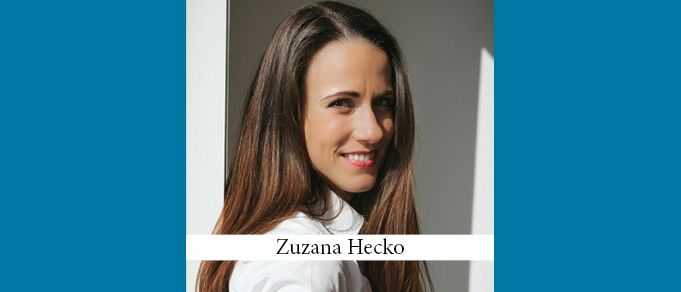As part of the long-planned reform of intellectual property (IP) law in Slovakia, it was finally agreed that IP disputes should be handled by a court system able to truly understand the (often rather technical or technological) nature of IP. This decision stemmed from the frustration of many IP owners with the fact that court decisions sometimes lacked sufficient quality and that the proceedings (especially in some courts) took far too long.
Since IP disputes often involve technology or the online environment, if a preliminary injunction wasn’t granted (they are granted ex parte in Slovakia), IP owners often chose not to file a lawsuit on the merits – because three to four years could pass from the filing of the lawsuit until the first hearing was scheduled. Indeed, it was not uncommon to get the final decision only after five to seven years or even longer – a lifetime for certain inventions or the online environment. With rather modest damage awards, IP owners usually chose alternative ways of tackling the act of infringement (e.g., buying the infringing product).
…and the Oscar Goes to Banska Bystrica
Once the decision was made that IP disputes required a specialized court system, it was clear that the agenda would be assigned to the court in Banska Bystrica, a town in the middle of Slovakia – a two-hour drive from Bratislava – where the Industrial Property Office has its seat, and which therefore is particularly familiar with IP issues. Additionally, it was the Banska Bystrica court that heard the case whenever the Industrial Property Office was sued as a defendant (for example by an applicant seeking to register a trademark/patent after his/her application has been refused by the office). The court in Banska Bystrica works relatively fast, and substantial delays are an exception. As a result, the fact that IP disputes will be heard by that court encourages hope that IP owners will be more motivated to sue in cases of infringement.
Copyright Disputes are Left Out
The specialized court isn’t empowered to hear all IP disputes. While industrial property rights disputes will enjoy the specialization of the court, (pure) copyright disputes have been left out, even though the court would certainly be the most knowledgeable and competent to hear such cases. So the “IP court” is in reality an “industrial property court.” Therefore, litigants in a copyright disputes still need to think carefully about whether to enforce their rights through a lawsuit or seek alternative solutions. However, if an industrial property dispute also features a copyright issue, the Banska Bystrica court will be competent to hear it.
The specialized court was introduced by Act No. 160/2015 Coll. (new) Civil Procedure Code that entered into force in July 2016.
IP Licensees Acting as Plaintiffs
Another noticeable change in IP legislation is the provision that should enter into force in January 2018 granting IP license holders the ability to file lawsuits if their licensed IP is infringed. The ability to sue for infringement of IP by licensees had already been foreseen by directive 2004/48/EC, but its status was never entirely clear under Slovak law.
The proposed amendment makes clear that the holder of a non-exclusive license always needs permission from the IP owner to file a lawsuit in the case of an infringement, unless agreed to the contrary between the licensor and the licensee. By contrast, exclusive license holders do not need permission to sue if the IP owner itself hasn’t filed a lawsuit in an appropriate period. This enhanced freedom for licensees to sue for infringement could potentially backfire against IP owners acting as licensors, especially where the relevant license contains no provisions regarding the ability of the licensee to sue for infringement. If a licensee files a lawsuit for infringement but is not successful, its lack of success in the proceedings could have rather negative (and sometimes devastating) consequences for the licensed title and for the IP owner. Therefore, IP owners should always be careful to stipulate the conditions under which their licensees are able to file lawsuits in relation to IP titles they are entitled to use.
By Zuzana Hecko, Head of IP/TMT Department, Allen & Overy Slovakia
This Article was originally published in Issue 4.5 of the CEE Legal Matters Magazine. If you would like to receive a hard copy of the magazine, you can subscribe here.

















